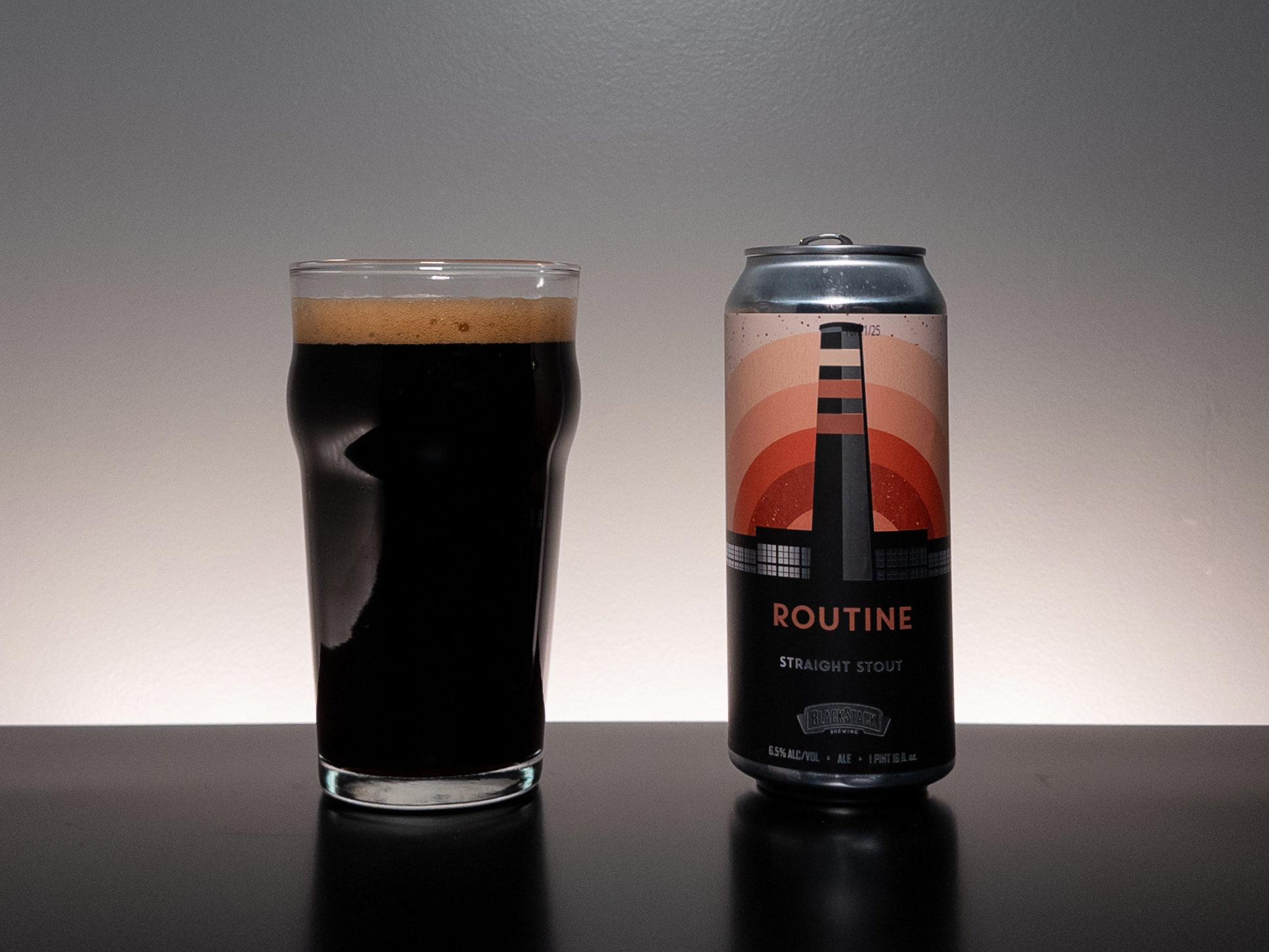How do you follow up a three-hour sui generis Best Picture nominee about a multilingual production of Uncle Vanya? Among the pleasures and strengths of Ryusuke Hamaguchi’s Evil Does Not Exist is the fact that the film seems utterly untroubled by that question, maybe because it’s troubled by so much else.
The credits didn’t come till 40 minutes into Hamaguchi’s 2021 breakthrough Drive My Car; his 2015 film Happy Hour stretched out for more than five hours. Evil Does Not Exist is a comparatively brief but by no means terse 106 minutes, and there’s a version (which I haven’t seen) less than a third of that length, called Gift, that approximates Hamaguchi’s original project: an extended visual response to Eiko Ishibashi’s score focused on the natural world near the village of Mizubiki, two hours from Tokyo.
Evil Does Not Exist leads with a segment of what Hamaguchi must have initially had in mind. We’re gliding beneath a tree canopy, from a perspective that turns out to be that of an eight-year-old girl. A ripple of cymbals and a simple guitar figure give way to a tangle of strings that play off each other at shifting angles and collide in unexpected harmonies. Motifs sprout from within one another and chords appear to mutate rather than progress, suggesting and then abandoning moods without committing to them. If bad film scores shout at us, telling us how to feel, Ishibashi confuses us, as though noticing how we’ve responded to the images on screen and whispering “Are you sure?” Then, as will often happen throughout the film, the music abruptly cuts off.
If you asked me what Evil Does Not Exist is about, I’d say that a Tokyo company plans to open a glamping resort in the village of Mizubiki. The villagers, quite reasonably, would prefer that their environmentally unspoiled location not become “a tourist hot spot,” as a company rep enthusiastically puts it, overrun by vacationing city dwellers. (If “glamping” is already a ridiculous-sounding neologism, wait till you hear it as the sole English-ish word in a sentence of Japanese.) Now there’s a conflict even a studio exec could recognize.
And yes, the dramatic highlight of the film is an uncomfortable community meeting where the townspeople confront two woefully unprepared corporate spokespeople, a man and a woman. The company, a talent agency named (with appropriate late-capitalist ridiculousness) Playmode, is hoping to capitalize on a time-limited Covid grant. Its reps show a brief video with canned music and bland nature shots—essentially a parody of the film’s opening sequence—before opening the floor with questions. The first respondent has more of a comment: “So much doesn’t make sense.”
We’re primed for emotional arguments from the residents of Mizubiki, but they’ve arrived with the sort of facts and figures that only people with intimate knowledge of their home would have. Nor does the village react as a mass—each individual’s personality comes through in how they raise their objections, from the town elder who sagely notes that “water runs downhill,” to the fiery young hothead in the front row who has to be physically restrained. It’s how every true democrat imagines a community meeting functioning. In other words, a public fantasy, and also a kind of private wish fulfillment for anyone who’s ever stammered when finally given the opportunity to speak their mind to the powerful.
The major concern is a septic tank that’s too small, only 90% effective, and placed where it’ll do the most damage to the town’s water supply. Referencing the notes provided by a glamping consultant (Playmode doesn’t even have experience in the resort business) the spokespeople protest that the resulting pollution is minor. It’s the sort of thing you can only be paid to say when it isn’t your water supply that someone else’s shit will be running into.
But with Hamaguchi, the plot is not necessarily what the film is “about.” It might be more accurate to skip past the central conflict entirely and call Evil Does Not Exist a movie about a man quietly performing simple tasks with precision and duty. The pristine water that the villagers cherish and Playmode believes can stand a little pollution? We’ve watched Takumi (Hitoshi Omika), who calls himself the town’s “odd jobs man,” methodically ladle it from a forest stream into large containers for the local noodle shop.
We also get to watch Takumi divvy up logs with a chainsaw, working so methodically that when he slices through the last bit of bark the pieces fall to the ground in unison. He silently chops the wood with such expert form that if there aren’t already TikToks of these scenes, the kids are missing out. (Later in the film, we learn it’s not as easy as it looks.) Takumi is as taciturn a guy as you might expect, at his most loquacious when he’s teaching his daughter Hana (Ryo Nishikawa) about the flora surrounding them.
Takumi’s thoughts, however, are hidden from us, and his actions, when not routine, are unexplained. At night, we see him run his hands silently over a piano or sketching the faces of the Playmode representatives with such concentration he refuses to be distracted by Hana. We see photos of a woman (presumably once the wife and mother in this family, just as presumably dead) but she’s never mentioned. The deepest insight Takumi expresses comes during the informational meeting, when he notes that even the oldest settlers in the village didn’t arrive until after World War II. “All of us here are outsiders,” he concludes. What looks like people living in harmony with nature is in fact a carefully negotiated truce.
Nor are the Playmode reps the empty suits they appear. We get to know them better in a familiar Hamaguchi setting—a car—after their boss dispatches them with instructions to buy off Takumi with a cushy caretaking job (he’s not interested) and a bottle of pricey booze (he doesn’t drink). On the two-hour drive back to the village, Mayuzumi (Ayaka Shibutani) and Takahasi (Ryuji Kosaka) chat about why they chose their line of work, about dating, and about the task at hand. Takahasi will eventually fantasize about relocating to the village himself as caretaker for the glamping lodge.
But Evil Does Not Exist doesn’t end comically, with Takahasi’s attempted conversion to rural life leading to a reconciliation between cityfolk and countryfolk, and it doesn’t work up to a final cinematic showdown between Playmode and the village either. We don’t even expect either ending; neither feels possible in this world. What will come, we suspect, is bad, but it will come slowly at first, and then feel irrevocable, a fate beyond the scope of this movie. Instead, there is sudden violence.
In retrospect, there had been hints of danger all along. We’ve heard occasional rifle shots from hunters in the distance. We’ve noted Takumi’s absentmindedness and Hana’s tendency to wander. We’ve learned about the precariousness of the deer population and their relationship with humans. We’ve wondered what’s happening inside the mind of our stoic jack of all trades. And then there was that ambivalent score sowing doubt.
The finale is both bluntly allegorical and wholly unexplained (though not inexplicable), abandoning us in a literal fog. “Movies are like dreams” is a cliché, and often an excuse for impressionist incoherence. But leaving Evil Does Not Exist is like waking up slowly, failing to recall exactly where your subconscious took you last night, and finding yourself unable to shake the feeling that something awful really has happened.
GRADE: A-
Evil Does Not Exist is now playing at The Main Cinema.






